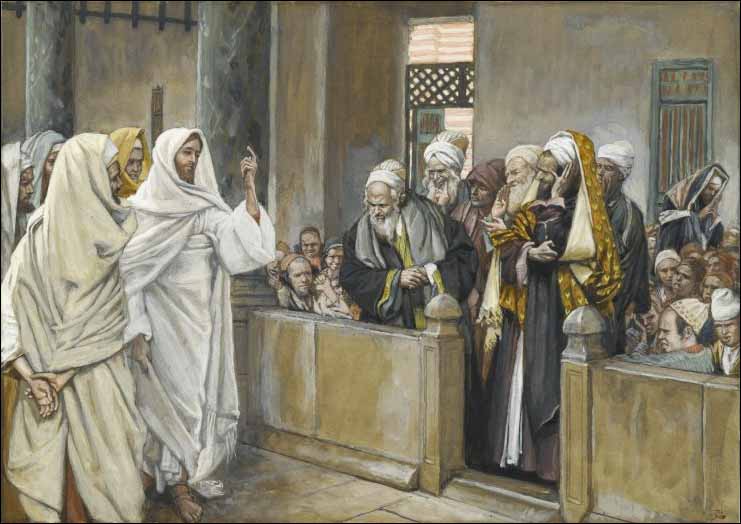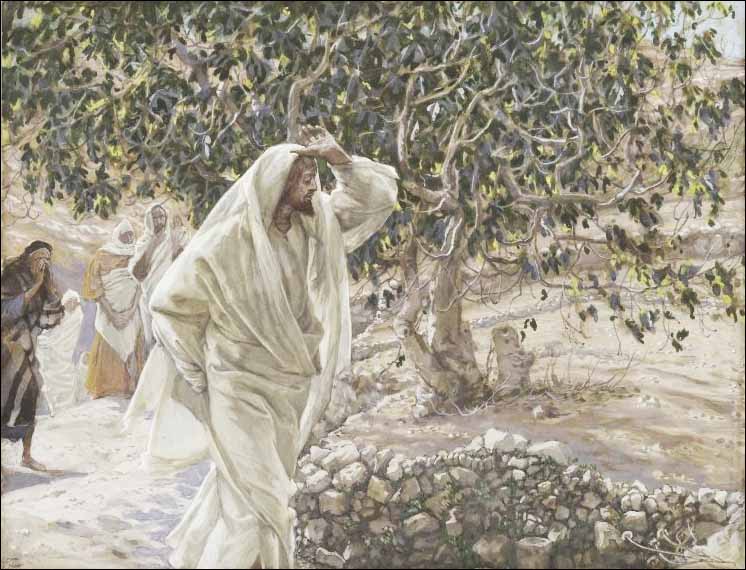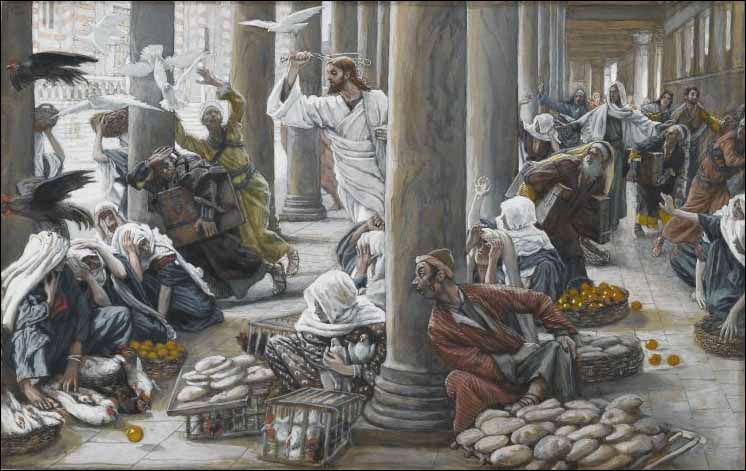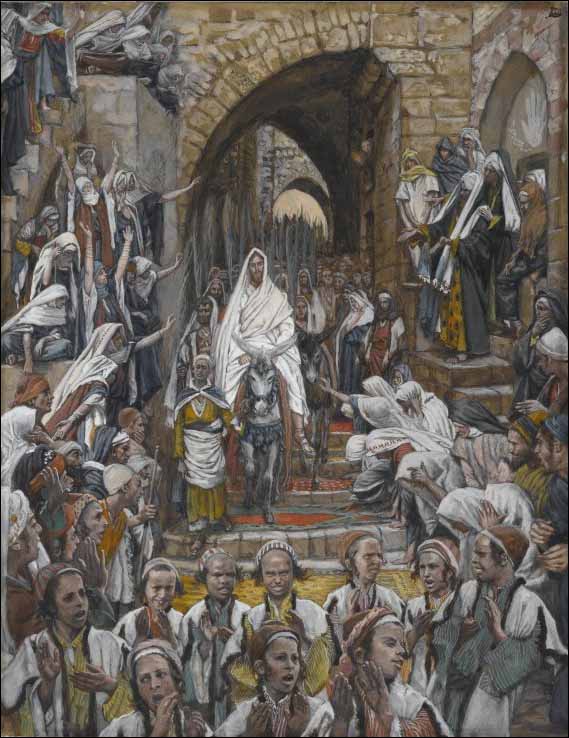SCRUTATIO SCRIPTURAE

Scrutatio
for
HOLY TUESDAY
From Basil, the great Metropolitan Bishop of Caesarea Mazaca in Cappadocia, Asia Minor, from June 14, 370 to his death on January 1 or 2, 379 A.D., and one of the Cappadocian Fathers, taken from an excerpt on his book On the Holy Spirit:

BY ONE DEATH AND RESURRECTION THE WORLD WAS SAVED
When mankind was estranged from him by disobedience, God our Savior made a plan for raising us from our fall and restoring us to friendship with himself. According to this plan Christ came in the flesh, he showed us the gospel way of life, he suffered, died on the cross, was buried and rose from the dead. He did this so that we could be saved by imitation of him, and recover our original status as sons of God by adoption.
To attain holiness, then, we must not only pattern our lives on Christ’s by being gentle, humble and patient, we must also imitate him in his death. Taking Christ for his model, Paul said that he wanted to become like him in his death in the hope that he too would be raised from death to life.
We imitate Christ’s death by being buried with him in baptism. If we ask what this kind of burial means and what benefit we may hope to derive from it, it means first of all making a complete break with our former way of life, and our Lord himself said that this cannot be done unless a man is born again. In other words, we have to begin a new life, and we cannot do so until our previous life has been brought to an end. When runners reach the turning point on a racecourse, they have to pause briefly before they can go back in the opposite direction. So also when we wish to reverse the direction of our lives there must be a pause, or a death, to mark the end of one life and the beginning of another.
Our descent into hell takes place when we imitate the burial of Christ by our baptism. The bodies of the baptized are in a sense buried in the water as a symbol of their renunciation of the sins of their unregenerate nature. As the Apostle says: The circumcision you have undergone is not an operation performed by human hands, but the complete stripping away of your unregenerate nature. This is the circumcision that Christ gave us, and it is accomplished by our burial with him in baptism. Baptism cleanses the soul from the pollution of worldly thoughts and inclinations: You will wash me, says the psalmist, and I shall be whiter than snow. We receive this saving baptism only once because there was only one death and one resurrection for the salvation of the world, and baptism is its symbol.






